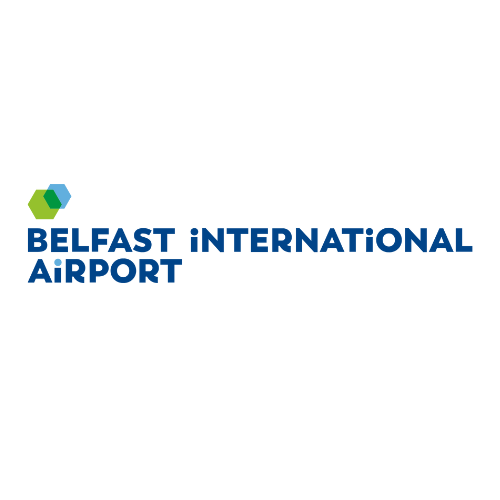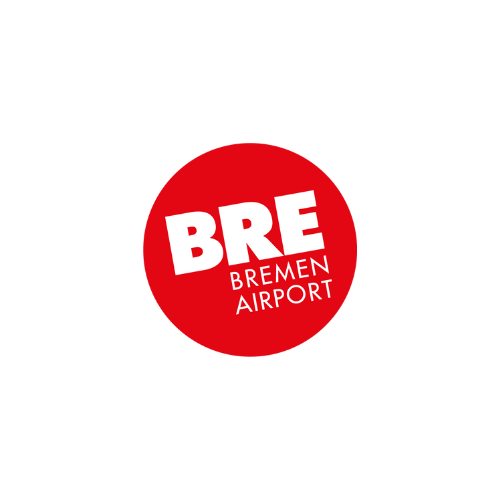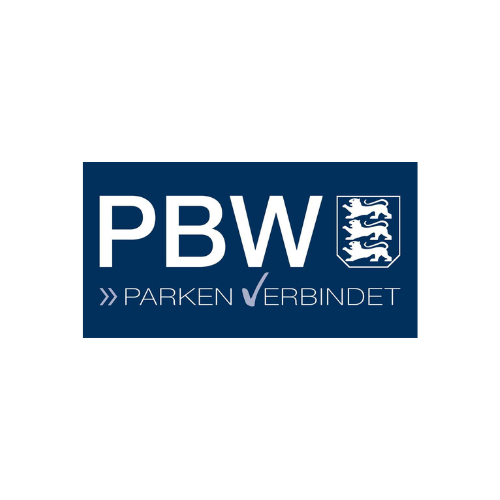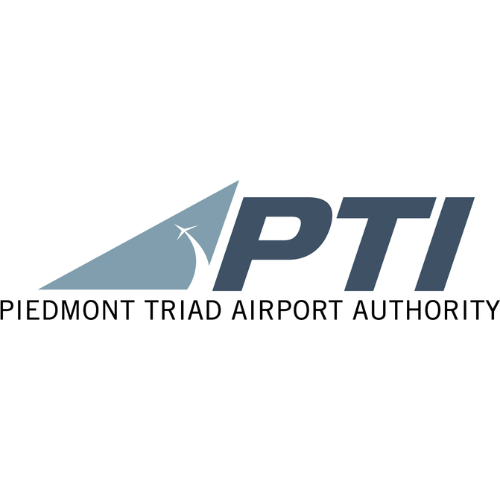Route development is the process by which the airport demonstrates to its airlines that sufficient demand exists to profitably operate a route. While airports derive significant profit from non-aeronautical revenue, and this remains an area with massive potential, route development is still key to driving an airport’s growth.
Today’s airports are seen as commercial partners, with the expectation that they will provide market information and share commercial risks. As such, airlines rely on the airport for insider knowledge about demand and opportunities.
At the same time, airports are developing a customer-centric view, focusing on customer experience and personalised marketing to capture data and build loyalty.
But ultimately, airports serve a purpose: They provide a hub from which passengers can travel to the destination of their choice. Without the ability to support the airlines, customer choice becomes limited, and the airport will suffer as a result.
So can airports use their travel marketing strategies to engage with customers, discover new market opportunities and support route development with clear business insights?
This question was raised in Rezcomm’s recent Travel Marketing Webinar: How do you use travel marketing to support route development?
“There’s an awful lot that travel marketing can do to support route development on an ongoing basis.”
Victoria Wallace, Director of Digital at Rezcomm
As airports engage more deeply with their passengers, integrating CRM technology and other advanced business intelligence into their operational and marketing strategies, they offer real value to their airline partners. Direct booking gives a wealth of customer data that can be used to understand what passengers really want. The airline’s audience is augmented by customers who have signed up to Wi-Fi in the airport terminal and subscribed to receive marketing messages, or users who have booked flights, car parking or other services direct with the airport, because when the airport sends out travel marketing, it is by definition advertising routes and destinations for the airline.
Using marketing to engage the customer
Marketing communications can be used to highlight exciting new airline partnerships and routes, with special offers for people who book.
This is a great opportunity to engage customers with rich content, using strong images, video, VR or AR and valuable information to give a real flavour of the destination and what to expect there.
The combination of a loyal customer base and data analytics makes it possible to be proactive when it comes to discovering what people want. Browsing and buying behaviour gives some ideas, and more detailed information can be gained by using automated email campaigns in the form of incentivised questionnaires to ask for direct feedback.
Sean Staff, Marketing Communications for Regional and City Airports explains:
“Data is absolutely key to understanding what people want and what people respond to. Aside from doing the sophisticated stuff and looking at email and website analytics, the fact is, people are generally happy to tell you where they want to go. So what you can do is tailor marketing material in order to get an idea of the type of route people want to see and the type of routes people enjoy having from their regional airport, and then make sure that all of that intelligence is shared regularly.”
Timing your marketing
Travel marketing campaigns can be run in conjunction with airport calendars, so the content and direction is proactive rather than reactive. These emails and social media posts can use data about buying habits to target customers when they are looking to book their holiday.
Sean Staff continues:
“What we’ve tried to develop at RCA is a really close relationship between the commercial team including aviation development, and including marketing and the marketing calendar, but also using the route development calendar to see what’s coming up in six months, or where sales are starting to weigh in, and making sure that those two calendars are aligned. That’s how we do it: By building really good relationships internally and making sure that all the content is tailored.”
Andrew Williamson, Commercial Product Manager, London Gatwick Airport agrees that destination marketing can benefit route development when handled proactively:
“The state of play at the moment is certainly around taking quite a reactive approach. If we have a specific route that’s in a little bit of trouble we’ve taken the view that this can be a channel just to help try and fix those issues. But I think outside of that typically we use our travel marketing targeted around new routes and new airline launches. That’s typically where this features in the calendar.
A good example is where airline business development at Gatwick is talking about seeing a weakness in the market in midweek flights and asking, ‘Can we be doing something? Is there a product or a proposition that we can use to target customer behaviour and try to influence it?’
Currently we use travel marketing as a strategic lever, knowing that it will cause a significant effect in the market and really kind of shift our customer behaviour towards where we want them to be.”
How technology can help your airport support its airlines
The flight search functionality in Rezcomm’s integrated platform guarantees distribution. It guarantees clear visibility of which routes are available. When a customer searches for flights on the airport website, the information is easily accessible, and booking is simple and straightforward. This immediately goes some way to increasing load factor.
Using information from the website
Where customers have searched direct on the airport website, unfulfilled searches, those where there is no match for the destination searched, give an indication of pinch-points. The airport will also have details of most-searched routes and booking patterns. This information is invaluable to airlines considering whether a new route is viable.
Andrew Phare, Head of Travel Services at Rezcomm, explains how this will be used to airports’ advantage with the roll out of a new Rezcomm analytics module:
“The data and the analytics that we hold from flight searches is something Rezcomm will be supporting our partners with even more in the in the months ahead. The new dashboard will work with our own system logging to provide a host of information, which we’ll share with partners. This will include top routes by revenue and bookings, products purchased and ‘most searched’ routes. It will also include searches that are unfulfilled – where there is no availability – so highlighting key pinch points in demand. If our auto-search feature is used in search, when customers type in destinations that aren’t served, we’ll be capturing that data and we’ll be sharing that within our dashboard. Alongside that we’ll also be looking carefully at the latency of those bookings to see which routes book early and which book late.
In the months after the launch of the new dashboard, we’ll be working with our partners to ensure that we maximise the output of that data which is really relevant and really useful. It’s info that we use to run our business, it’s info that we’re happy to share, and it’s something from my perspective that we’re really excited by.”
“I can’t wait to see the data that comes out for each airport. As a self-confessed data nerd I’m looking forward to just looking at that across the board for all our clients and getting new industry insights.”
Victoria Wallace, Director of Digital at Rezcomm
Rezcomm partners with airports worldwide to provide ecommerce, CRM and marketing solutions. If you would like to find out more about how our products can help you support your airline partners, drive route development and build a loyal, happy passenger base, contact the team today.




























